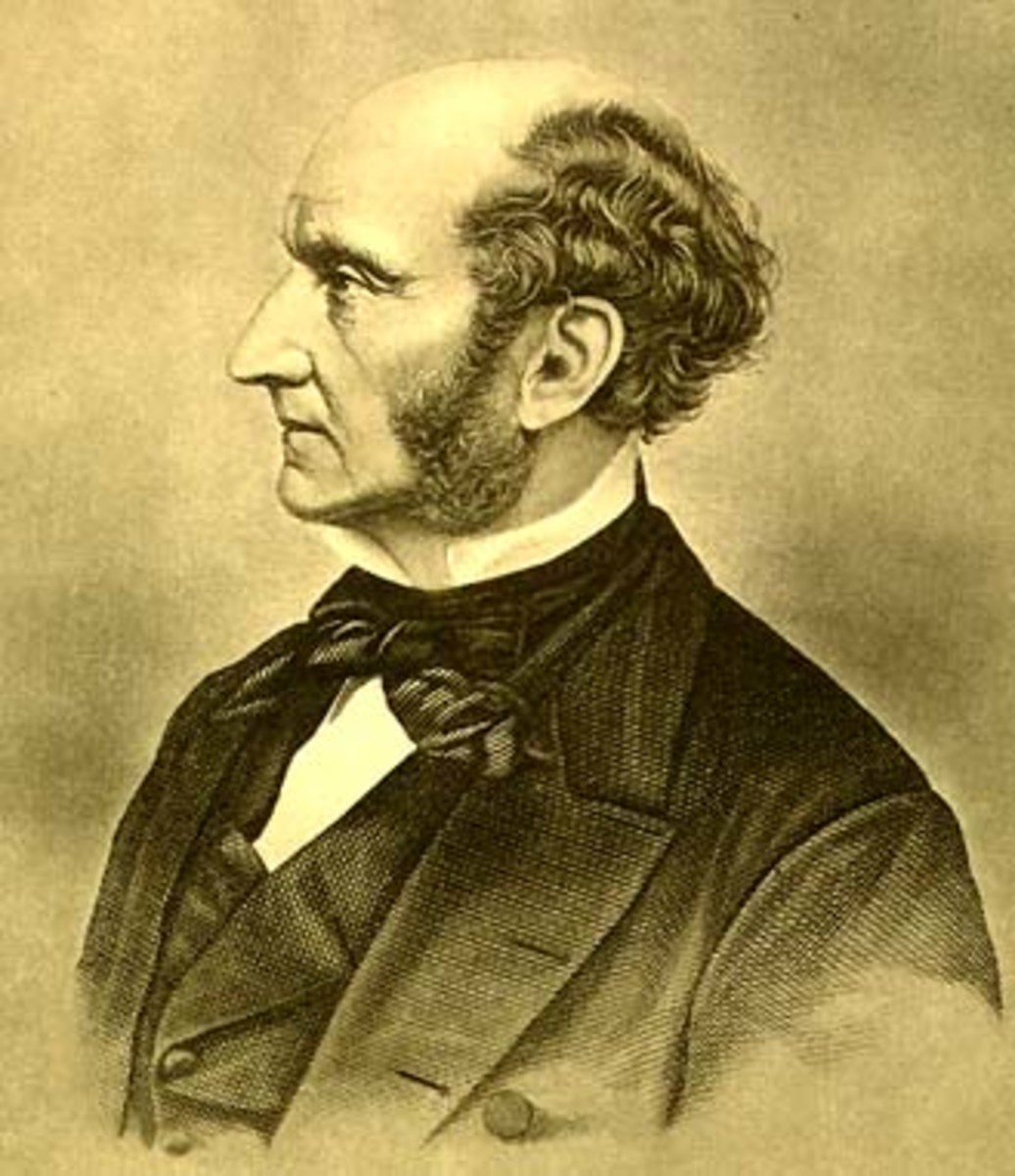Immanuel Kant's Categorical Imperative

Immanuel Kant's concept of categorical imperative is based on the premise of accepting a practical moral point of view. The central root of morality is anchored in obligation or "reasons of ought." Now, there are two kinds of "ought"—unconditional and conditional. Conditional ought is the imperative of the act that in order for something to happen, one must ought to perform a specific task i.e. kids behaving so they would receive a candy (as a reward). While unconditional ought is to perform an act without having to consider any merit for the act. I.e. kids behaving just for the sake of behaving or being good without expecting anything in return. The act itself is its own merit. And since morality or moral act are imperatives as shown to the "reasons of ought," Kant also provides for individuals to measure if such acts are considered to be morally right, morally wrong, or outside the realms of morality—this he calls the categorical imperative.
An imperative could either be hypothetical or categorical. A hypothetical imperative requires an individual to assume an action in a given circumstance. For example, to alleviate hunger, an individual has to eat. While categorical imperative is the source of moral justification; it signifies an absolute and unconditional requirement that professes its authority based on all circumstances, both required and justified as an end to it self. Like the previous example of a child behaving, a hypothetical imperative would require the child to behave to receive the candy, a conditional ought while behaving for the sake of behaving with no regards or intention for merit is the categorical imperative, an unconditional ought wherein the simple act of behaving is in itself already a merit, a reward.
Thus, according to Kant an act becomes categorically imperative if it is thought to be good in itself and in conformity to reason. By doing so, categorical imperative burden's rely on the individual to make sure that the actions become universalize in such a manner that others would act in the way that is bound by the same rules that have governed our actions under the same circumstances. Ergo, an act becomes imperative if it ought to be applied to everyone. "Act only according to that maxim whereby you can at the same time wills that it should become a universal law" ("Grounding for the Metaphysics of Morals").
The logical argument here of Kant proposes three deductive reasoning—one, is that people act morally because even without having to rely on reason, it is the right thing to do under the similar circumstances. Second premise is that the conduct or the action becomes morally right because it treats other people as ends in themselves rather than as a means to an end. Lastly, the person acts morally if the action would establish a universalized law that would govern others to act in the same manner under the same circumstances.
Retrospect
Immanuel Kant's theory of categorical imperative is anchored towards the capacity of man to distinguish the morality of his action. His premise are not geared solely towards the capacity of man to distinguish his actions as something that is morally right or morally wrong but relies more on the capacity of man to distinguish for him the meaning of morality. It is through that concept of morality that is innate to any individual that grounds or becomes the premise for Kant's concept of categorical imperative. And unlike the utilitarian thinking, wherein the focus is towards the outcome, categorical imperative and Kant's works are toward the act in itself and the ability of man to analyze his work.







